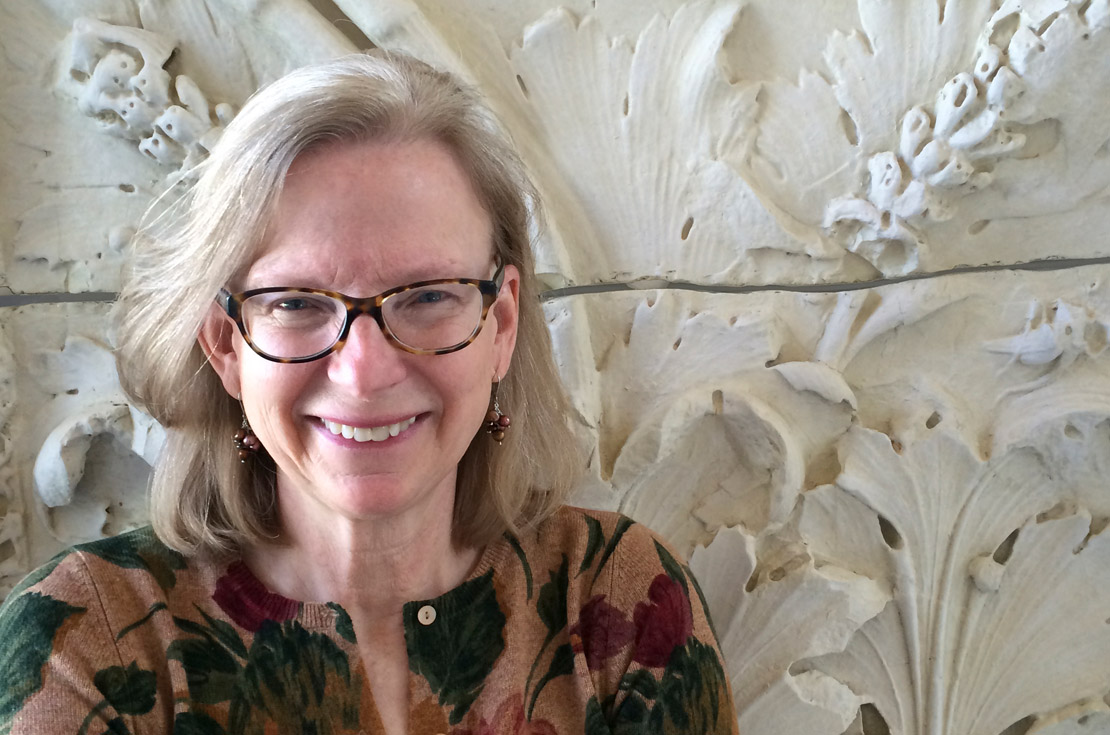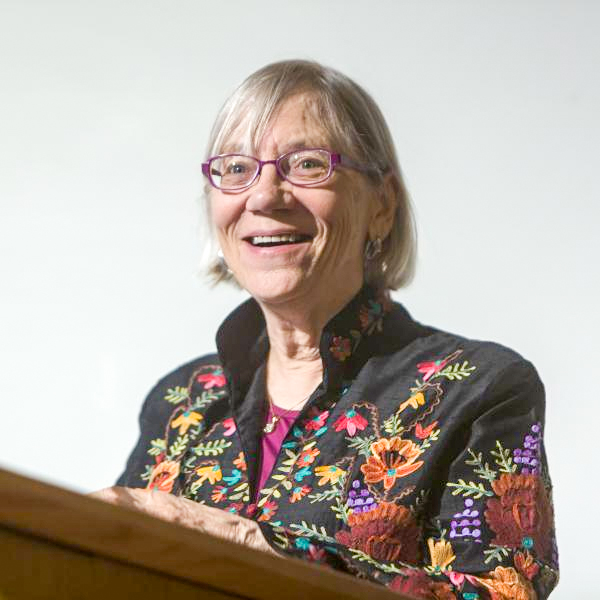Athens Open Meeting 2024
- Starts
- Ends
Presented By
American School of Classical Studies
Speaker(s)
Bonna D. Wescoat (Director of the School)
Susan I. Rotroff (Washington University in St. Louis, emerita)
Location
Cotsen Hall, Hybrid Lecture, Anapiron Polemou 9, Kolonaki 10676
Bonna D. Wescoat, Director of the School
“Report on the Activity the School 2023”
Susan I. Rortoff, Washington University
“What does Hellenistic Pottery Mean?”
 Although Hellenistic pottery may pale in comparison to the ceramic maste pieces of the 6th and 5th centuries, it brings us important messages from the past that have too often been overlooked. Close study of its archaeological contexts have contributed to an improved chronology, which makes it possible to explore questions about Hellenistic society. Changing shape assemblages provide insight into not only Greek cooking, dining, and drinking habits, but also into international networks of taste. Painted and moldmade decoration throws light on widespread attitudes as well as public reaction to political events.
Although Hellenistic pottery may pale in comparison to the ceramic maste pieces of the 6th and 5th centuries, it brings us important messages from the past that have too often been overlooked. Close study of its archaeological contexts have contributed to an improved chronology, which makes it possible to explore questions about Hellenistic society. Changing shape assemblages provide insight into not only Greek cooking, dining, and drinking habits, but also into international networks of taste. Painted and moldmade decoration throws light on widespread attitudes as well as public reaction to political events.
 Bonna D. Wescoat is the Director of the American School of Classical Studies at Athens, Samuel Candler Dobbs Professor of Art History at Emory University, and Director of American Excavations Samothrace. Her research interests center on architecture and sacred experience in ancient Greece, investigated through excavation, 3D digital modeling, architectural reconstruction, and experimental archaeology.
Bonna D. Wescoat is the Director of the American School of Classical Studies at Athens, Samuel Candler Dobbs Professor of Art History at Emory University, and Director of American Excavations Samothrace. Her research interests center on architecture and sacred experience in ancient Greece, investigated through excavation, 3D digital modeling, architectural reconstruction, and experimental archaeology.

Susan Rotroff is Jarvis Thurston and Mona Van Duyn Professor Emerita, having taught for many years in the departments of Classics and of Art History and Archaeology at Washington University in Saint Louis. She has degrees in Archaeology from Bryn Mawr College and Princeton University and has worked as an excavator and a pottery specialist on excavations in Greece, Turkey, and Tunisia. Since 1970 she has been associated with excavations at the Athenian Agora, focusing especially on pottery of the Hellenistic period. The chief focus of her research is on the use of pottery to throw light on the behavior of the ancient people who made and used it.